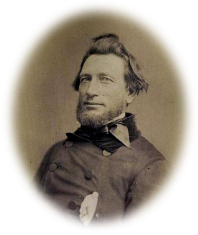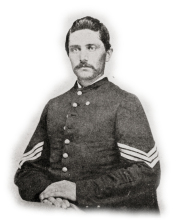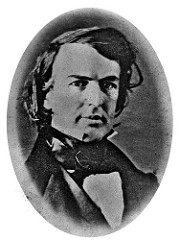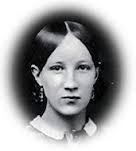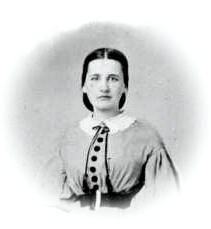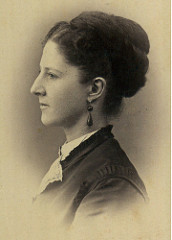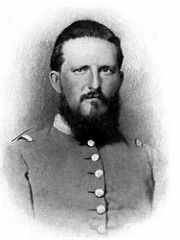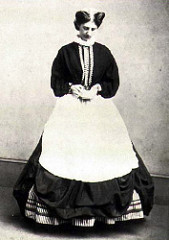December 1st, 1861.—Father was reading what I had written about the Battle of Manassas and he said, “My baby has forgotten to write of school plans. They should be recorded by all means. In years to come you will read of it with great interest and it should have come before the account of the battle.” As he thinks it is not too late to tell of it I will write it here, though I do not like to think of it. I was so opposed to it at first and so disappointed when I had to give it up. In June, last, Grandpa wrote to Mother, urging her to send me to Raleigh to school. Mother was educated in that city and many of her old friends still live there. I would probably have their children as classmates. Grandpa, himself, would take me to Raleigh and see to all details necessary. His plan was for me to go on to Enfield with cousin Johnnie, who was then at home on a furlough and would see me safely in his hands. I could visit Grandma and himself until school opened. He said Raleigh was so far in the interior that there would be no danger of the enemy reaching it and he could think of no safer place in these days of war. He went on to say he thought the war would be over in sixty days; a great many people think so. Father was opposed to this but Mother thought well of it and though I hated the thought of leaving them, Mother told such entrancing tales of school life in Raleigh, that I soon became reconciled. Then, too, I dearly love to please Grandpa. Mother graduated with first honors and her father was so delighted that he gave her that lovely set of jet and gold, which I have always admired. I thought to myself, I, too, can study hard and perhaps I can get first honors and Father and Mother may be proud of their “ugly duckling” yet. Though the blockade is much more effective than we had any idea it would or could be, it was still an easy matter to fit out a school girl.
In the fall of 1860 uncle Arvah had bought an unusually large stock of goods and when, in the following January, Florida seceded, he wired his commission merchants in New York, to buy such goods as he was in the habit of supplying himself with, to the value of the cotton in his name, which they held in their possession. When these goods arrived, and they were shipped immediately, the bills of lading showed one hundred and forty-two thousand dollars worth of merchandise. So Mother had no difficulty in finding pretty materials; she and Lulu made my dresses and Mrs. Manning made my underwear. They were so beautifully made that I told sister Mag it was almost like her bridal trousseau. My traveling dress was brown, a soft, rough-surfaced material of wool, with small flecks of gold color woven in. There is a long cape, lined with satin of the same shade as the dress, quilted in small diamonds. My hat is of beaver felt, the color of the dress, three fluffy little ostrich tips are fastened in with a gold arrow. The cape, too, is fastened with three gold clasps. Such a pretty dress. But I will not wear it to North Carolina, for as soon as I had made up my mind to go things began to happen. The Battle of Manassas did not seem to alarm them but when the enemy attacked the coast of North Carolina, Father and Mother were quite positive that I must stay at home. So, war interferes with everything, even with education. It may be all for the best, I am sure it is, since Cousin Richard was killed. I believe what made Father and Mother change their minds is the discovery that the enemy are sending spies through the country to cut off telegraphic communication, when they get ready to attack. It would be dreadful to be cut off from your own home folks.
Susan Bradford is 15 years old when this entry was made.
